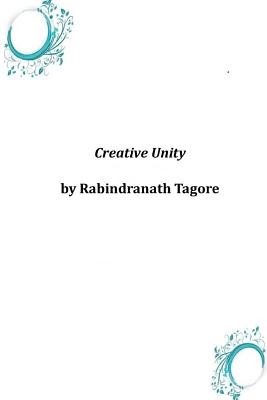
- We will send in 10–14 business days.
- Author: Rabindranath Tagore
- Publisher: CreateSpace Independent Publishing Platform
- Year: 2014
- Pages: 66
- ISBN-10: 1497593794
- ISBN-13: 9781497593794
- Format: 15.2 x 22.9 x 0.4 cm, minkšti viršeliai
- Language: English
- SAVE -10% with code: EXTRA
Reviews
Description
Civility is beauty of behaviour. It requires for its perfection patience, self-control, and an environment of leisure. For genuine courtesy is a creation, like pictures, like music. It is a harmonious blending of voice, gesture and movement, words and action, in which generosity of conduct is expressed. It reveals the man himself and has no ulterior purpose. Our needs are always in a hurry. They rush and hustle, they are rude and unceremonious; they have no surplus of leisure, no patience for anything else but fulfilment of purpose. We frequently see in our country at the present day men utilising empty kerosene cans for carrying water. These cans are emblems of discourtesy; they are curt and abrupt, they have not the least shame for their unmannerliness, they do not care to be ever so slightly more than useful. The instruments of our necessity assert that we must have food, shelter, clothes, comforts and convenience. And yet men spend an immense amount of their time and resources in contradicting this assertion, to prove that they are not a mere living catalogue of endless wants; that there is in them an ideal of perfection, a sense of unity, which is a harmony between parts and a harmony with surroundings.
- Author: Rabindranath Tagore
- Publisher: CreateSpace Independent Publishing Platform
- Year: 2014
- Pages: 66
- ISBN-10: 1497593794
- ISBN-13: 9781497593794
- Format: 15.2 x 22.9 x 0.4 cm, minkšti viršeliai
- Language: English English
Civility is beauty of behaviour. It requires for its perfection patience, self-control, and an environment of leisure. For genuine courtesy is a creation, like pictures, like music. It is a harmonious blending of voice, gesture and movement, words and action, in which generosity of conduct is expressed. It reveals the man himself and has no ulterior purpose. Our needs are always in a hurry. They rush and hustle, they are rude and unceremonious; they have no surplus of leisure, no patience for anything else but fulfilment of purpose. We frequently see in our country at the present day men utilising empty kerosene cans for carrying water. These cans are emblems of discourtesy; they are curt and abrupt, they have not the least shame for their unmannerliness, they do not care to be ever so slightly more than useful. The instruments of our necessity assert that we must have food, shelter, clothes, comforts and convenience. And yet men spend an immense amount of their time and resources in contradicting this assertion, to prove that they are not a mere living catalogue of endless wants; that there is in them an ideal of perfection, a sense of unity, which is a harmony between parts and a harmony with surroundings.


Reviews